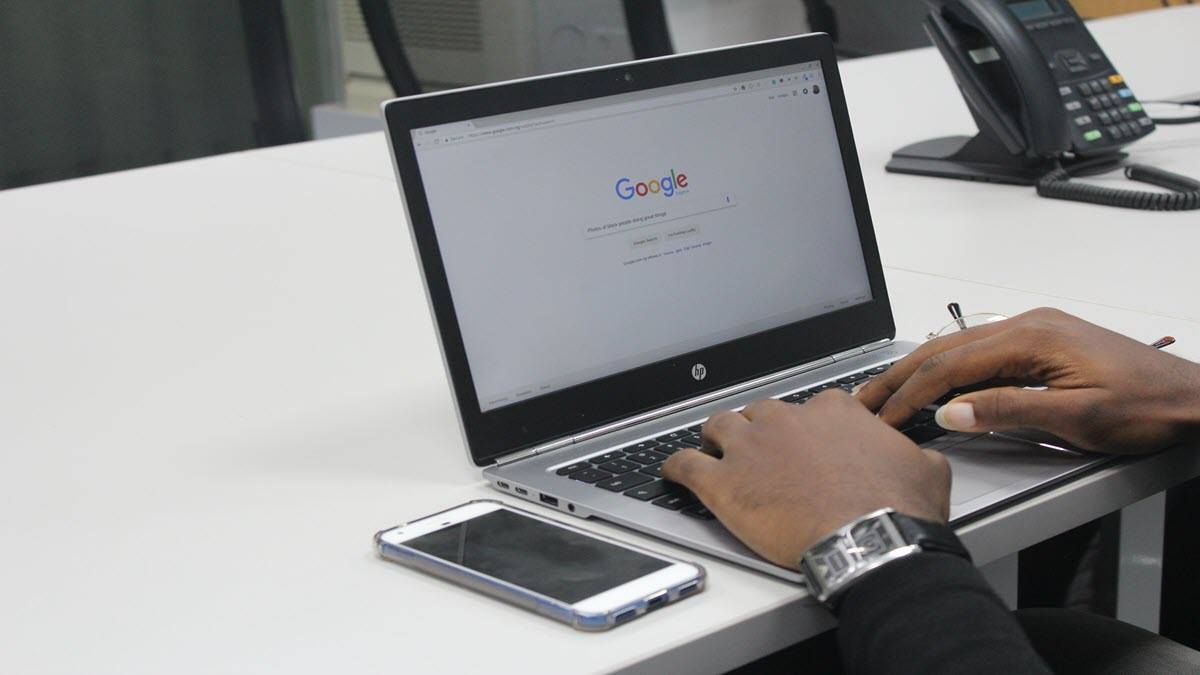Home>Software and Apps>Unblocking School VPN: A Tech Blog Perspective


Software and Apps
Unblocking School VPN: A Tech Blog Perspective
Modified: September 5, 2024
Learn how to unblock school VPNs and access your favorite software and apps with expert tips and insights from our tech blog. Unlock a world of possibilities today!
(Many of the links in this article redirect to a specific reviewed product. Your purchase of these products through affiliate links helps to generate commission for Techsplurge.com, at no extra cost. Learn more)
Table of Contents
Introduction
In today's digital age, Virtual Private Networks (VPNs) have become essential tools for both personal and professional use. However, when it comes to schools, the situation is often more complex. Many educational institutions impose strict policies on VPN usage to ensure network security or comply with licensing agreements. This article explores the reasons behind these restrictions, methods to bypass them, and the implications of such actions.
Why Do Schools Block VPNs?
Schools block VPNs for several reasons, primarily aimed at maintaining network security and ensuring that students adhere to the institution's policies. Here are some key reasons:
Security Concerns
Schools worry about potential risks associated with VPNs. Allowing students to use VPNs might inadvertently create vulnerabilities in the network, which could be exploited by malicious actors. This concern is heightened by the increasing number of cyber threats and data breaches.
Licensing and Copyright Issues
Educational institutions often have licensing agreements with content providers that restrict the use of VPNs. These agreements aim to prevent unauthorized access to copyrighted materials, which could be shared or distributed through VPNs.
Monitoring and Compliance
Schools need to monitor student activity to ensure compliance with their policies and regulations. VPNs can make it difficult for administrators to track what students are doing online, which is a concern for institutions that need to maintain a safe and compliant environment.
Network Performance
VPNs can sometimes slow down network performance, especially if they are not optimized for educational networks. This can be a significant issue in environments where bandwidth is already limited.
Methods to Bypass School VPN Blocks
Despite the restrictions, many students find ways to bypass school VPN blocks. Here are some common methods:
Using Alternative VPN Services
Some VPN services are designed specifically for educational use and may not be detected by school firewalls. These services often provide features like split tunneling, which allows users to choose which traffic goes through the VPN and which does not.
Proxy Servers
Proxy servers can be used to bypass VPN blocks by routing traffic through a different IP address. However, this method is not foolproof and can be detected by sophisticated firewalls.
Tor Network
The Tor network is a decentralized system that allows users to browse the internet anonymously. While it is not a traditional VPN, it can be used to access blocked content by routing traffic through multiple nodes.
Browser Extensions
Several browser extensions claim to help bypass VPN blocks. These extensions often use techniques like DNS spoofing or HTTP proxying to redirect traffic.
Custom Solutions
Some tech-savvy students might develop custom solutions using programming languages like Python or JavaScript. These solutions can involve creating scripts that interact with the school's network infrastructure to bypass restrictions.
Implications of Bypassing VPN Blocks
While bypassing school VPN blocks might seem like an easy way to access restricted content, it comes with several implications that students should consider:
Legal Consequences
Using unauthorized methods to bypass VPN blocks can lead to serious legal consequences, including disciplinary action from the school and potential legal penalties.
Security Risks
Bypassing VPN blocks often involves using unsecured methods, which can expose students' personal data and devices to cyber threats.
Network Performance Issues
Using proxy servers or other bypass methods can slow down network performance for everyone, including legitimate users who do not need to bypass the VPN.
Ethical Considerations
Bypassing VPN blocks can be seen as unethical, especially if it involves violating the terms of service or licensing agreements. It also undermines the efforts of schools to maintain a secure and compliant environment.
Alternatives to Bypassing VPN Blocks
Instead of trying to bypass school VPN blocks, students could explore alternative solutions that are both legal and ethical:
Requesting Exceptions
Students who need to access specific content for educational purposes can request exceptions from their school administrators. Providing a valid reason and demonstrating the educational value of the content can help in getting an exception.
Using Authorized VPN Services
Some schools offer authorized VPN services that allow students to access specific content while maintaining network security. These services are designed to meet the educational needs of students while adhering to the institution's policies.
Using Public Libraries or Educational Resources
Public libraries and educational resources often provide access to a wide range of materials that can be used for research and learning. These resources are usually free and do not require bypassing VPN blocks.
Collaborating with IT Departments
Students can collaborate with the IT department to find alternative solutions that meet both their educational needs and the security requirements of the school. This approach can lead to more sustainable and effective solutions.
Final Thoughts
Unblocking school VPNs is not just about finding a technical workaround but also about understanding the underlying reasons behind these restrictions. By engaging in open dialogue with school administrators and IT departments, students can help create a more inclusive and flexible environment that supports their educational needs without compromising network security. As technology continues to evolve, both students and educators must stay informed about the latest trends and best practices in VPN usage and network security.

